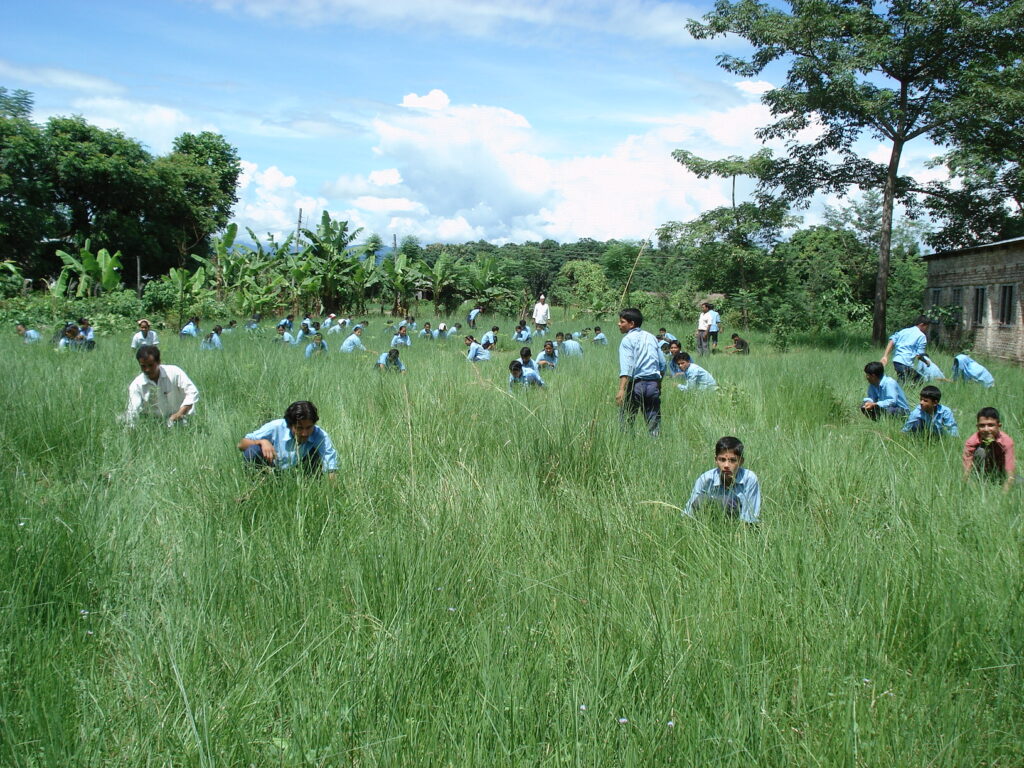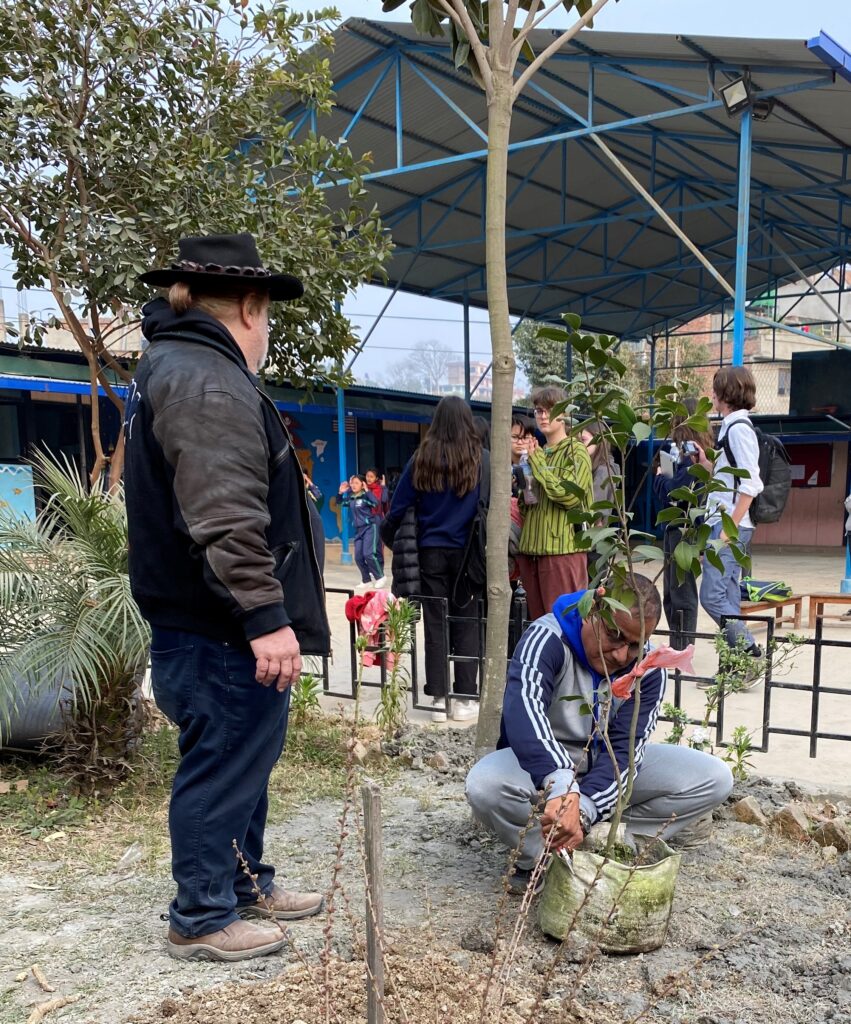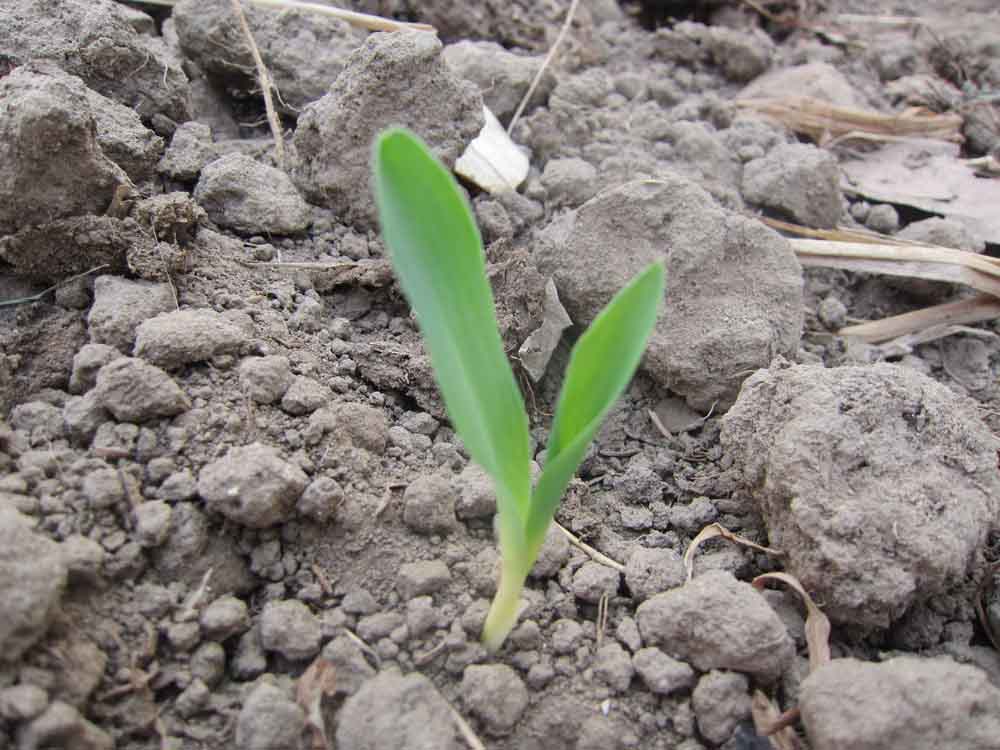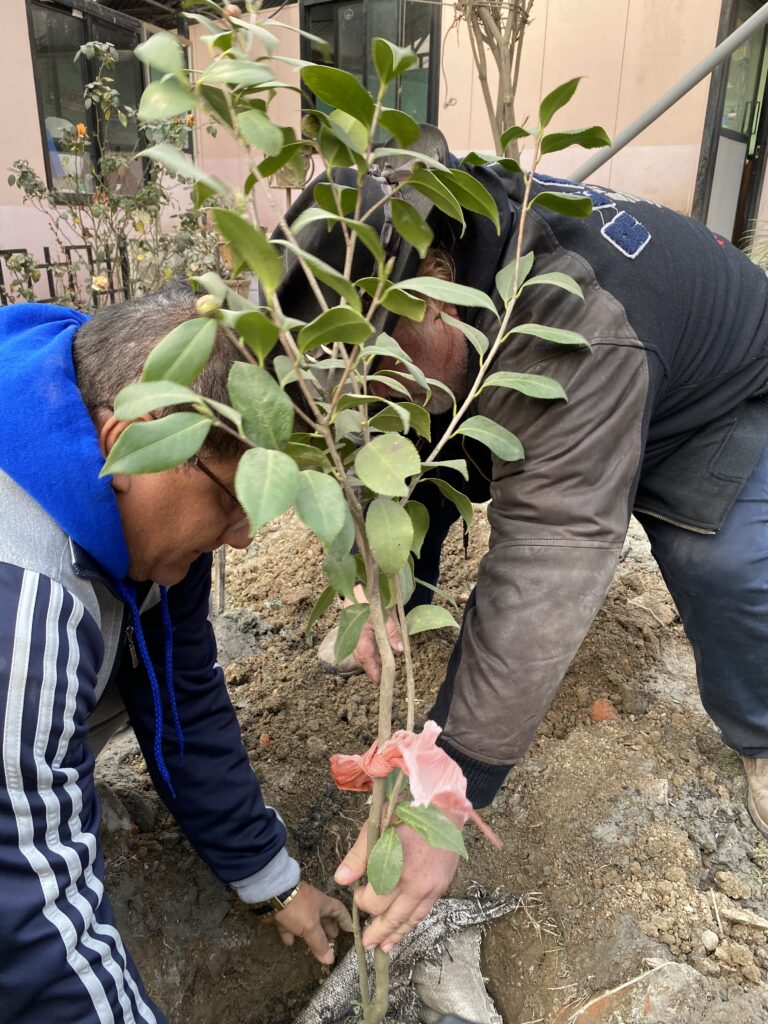By: Bishnu Bhatta
Director – Partnership for Sustainable Development
The world is becoming increasingly industrialized, with pollutants and contaminants
released into the environment constantly. Nepal and the South-Asian region are
noticeably polluted. As such, more deliberate and increased efforts are required to
create positive environmental & social change. Partnership for Sustainable
Development (PSD) is a non-governmental, social development organization that
facilitates social transformation, development, and empowerment across Nepal, with a
focus on Nepal’s most vulnerable and disadvantaged communities. PSD’s projects are
targeted and meaningful, engaging local, national and international groups to create
positive change. One particular project that PSD have successfully implemented is its
tree plantation scheme, which is a part of our broader & ongoing commitment to engage
local communities and have them actively influence the environment around them, by
promoting sustainable, responsible, and economically-viable environmental projects.

Trees, other than of course combating climate change, reducing carbon dioxide in the
air and releasing oxygen, are a source of food, medicine and economic opportunities to
the local communities. One of the ongoing obstacles in a mountainous country like
Nepal are landslides, floods, soil erosion and other natural disasters whose main cause
boils down to deforestation. Evidently, effective ways to remind communities of the
repercussions to their contribution in environmental pollution is needed so that they can
not only feel responsible but also motivated to engage actively in preventing such
casualties through afforestation activities. An important aspect of PSDs` tree plantation
project is that it heavily engages the local communities, with an emphasis on engaging
children. Outside the more obvious direct benefits of planting trees, the organization
seeks to educate students and local communities about the importance of conserving
the environment and facilitate social and behavioral changes.
One of the remarkable tree plantation projects implemented by PSD Nepal is at the Tri
Ratna Cooperative School (TRCS) located at Bungamati in collaboration with students
and staff from The Institute for Collaborative Education (ICE), a high school based in
New York City. The project involved planting various types of trees including typical
Nepali fruits and flowers that were on season which along with helping the environment
could be used as a source of income once harvested. The program informed
communities’ on the type of trees that were set on being planted. It immediately
changed the semblance of the school and the surrounding community where the
students and teacher both showed excitement not only to learn all about the ecosystem
but also take that knowledge back to their home and implement it. Bringing the
classroom outside also helped in bringing the importance of live learning in the schools
and the administrators were eager to discuss more ways to do so. This project was
special as the ICE volunteers were able to leave a lasting impact on TRCS’s grounds,
while the TRCS community became committed to protecting and conserving the planted
trees. Not to mention, programs like these impart resources to build on the distinctive
deposits of natural resources and capitalize them.

Another ongoing project we have been working on in collaboration with different schools
that are or have been affiliated with the organization is the “Learning From Mother
Nature”. With “Learning From Mother Nature”, volunteers alongside the students and
teachers explore the biodiversity in their respective surroundings where they evaluate
the existing greenery or lack thereof in their communities while learning about the
workings and benefits of nature. While working with different schools the teachers had
wonderful interactions with students introducing them to the nature around them at field
trips organized feeding into the student’s ever growing curiosity. Here are some
thought-provoking discussions shared from few of those field trips:
Putting at a young plant, Prajita (a student) asked, “Can we guess how long it takes for
the plant to meet the height of the tallest saal tree?” The children shrugged.

“It depends upon the density of the forest,” Tara (the teacher) explained. “The thicker
the forest, the slower the growth rate; were your parents to give birth to more babies,
would you receive as much care and nourishment as you do today?”
The children shook their heads. “The same principle applies to the case of the forest,
too. Besides, the careless and thoughtless acts of men like setting fire, deforestation,
hunting wild animals, invasion and settlement into the forest lands are challenges to the
smooth growth of the trees.”
‘Why do we need trees?” was the next question. “Trees breathe. They give us oxygen.”
Was the straight answer of Bimal Bote. “My parents take the leaves of the tree and give
them to our buffaloes,” explained Kripa. “Parts of my house are made out of wood”
shouted Samir.
These learning experiences evoke strong emotional connection to nature in these
children and always lead to new understanding of nature in turn leading to conscious
decisions making in the community.
PSD Nepal has also worked with the local orphanages and have successfully
introduced the tree plantation scheme there as well. While some places are just starting
on learning about the numerous perks of tree plantation some have already reaped the
benefits which includes healthy fruits and vegetables right from their own gardens and
an overall better surrounding. It has brought in new ways to sustain a healthy lifestyle
for those young kids. In one of the orphanages a garden was previously a source of
sanitary issue however after some organized effort in growing plants from the student it blossomed into beautiful hues of green resulting in a clean and vibrant environment. It
undoubtedly brought a great change in the lives of the children and since then the
garden and the surrounding areas have been maintained and utilized by the children for
different sports and activities

From kindergarten to high school PSD Nepal have organized projects focusing on tree
plantation, gardening, crop farming and cultivation . The future is in our youth’s hands;
providing opportunities where they can have hands-on experience with protecting the
environment can influence them in keeping the cycle going on awareness of climate
change and feasible ways to tackle it. In the grand scheme of things these projects
might seem like a small change however, PSD’s vision includes a much wider range of
community. With the schools that have carried out the tree plantation acting as a model
school the organization has plans to create a chain effect with more schools and
communities in executing similar actions. Eventually, this can become a movement that
endorses knowledgeable guidance on the community and the children regarding our
responsibility toward the environment which can inspire other organizations throughout
the nation and the world.
Nepal with its diverse cultures and topography is truly gifted with it’s natural flora and
fauna. As an organization focusing on the sustainable development of the country, PSD
Nepal engages in programs that can not only assist in conserving the environment but
also bringing the communities together and shedding light on the essence of joint effort.
PSD currently has very strong networks with local schools and communities, and is
readily able to expand its current program, or create new relationships between local
communities and foreign institutions. This is a program that has direct, tangible and
measurable benefits to the communities it engages, and the effects of the program will
be felt well into the future.




